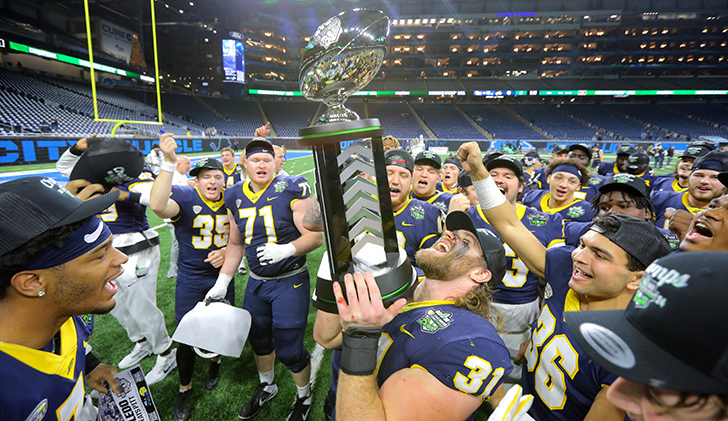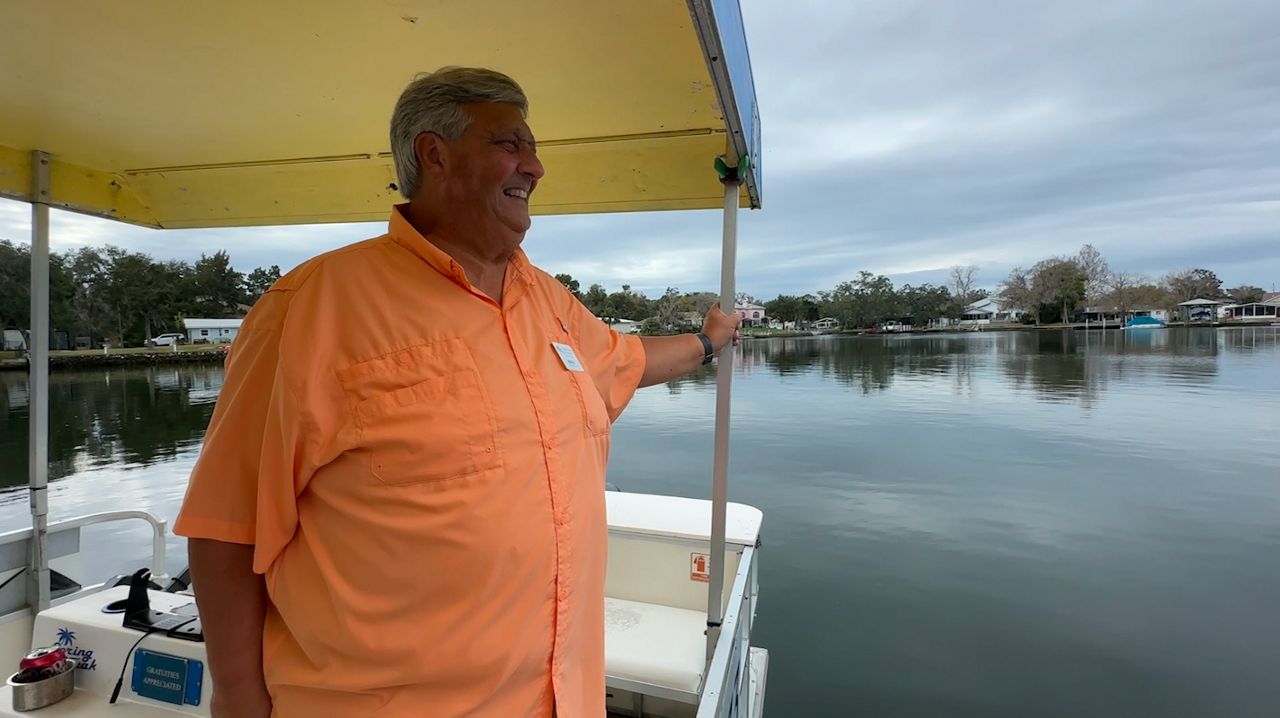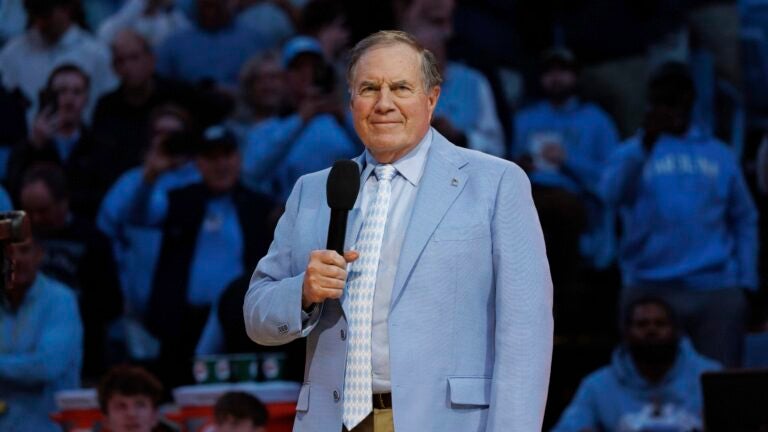Sports
Sports’ Salient Role in Tackling the Loneliness Epidemic

Today’s guest columnist is Aidan O’Connor, a senior vice president at the strategic communications firm Prosek Partners.
Last May, U.S. Surgeon General Dr. Vivek Murthy announced that loneliness, isolation and lack of connection formed a new public health crisis in the U.S.
The data backs this up. A/B Consulting reports that 37% of Americans do not interact with anyone more than once a week, while 41% identify a lack of friends or community as the primary driver of their loneliness. It is a tragic irony that this ailment is shared by so many.
Every May for the past several years, professional sports properties have led the way in activations and campaigns around Mental Health Awareness Month. They are a core part of corporate social responsibility (CSR) programs and reach individuals inside and outside their organization. Notable examples include:
- The NBA’s collaboration with the National Alliance on Mental Illness, which features prominent players who share their personal experiences with mental struggles.
- The NFL’s confidential Life Line support service for players, coaches and staff, which offers access to licensed mental health professionals.
- MLB’s partnership with Crisis Text Line, which includes dedicated signage throughout ballparks and on the MLB Network.
- Professional athlete unions collaborating to invest in mental health resources for the collective benefit of their members.
While efforts to destigmatize mental health at-large are commendable, it is important to recognize why tackling the “silent epidemic” of loneliness—a specific branch of mental health crisis that’s less often discussed—requires a dedicated approach and why the sports industry is uniquely positioned to fight back with sharpened focus.
The Problem
But first, what’s driving this epidemic?
Society conditions us to prioritize independence. More than ever before, the onus is on individuals to solve their own problems, and that sends troubling signals. Factors include:
- Technological innovations that bring convenience yet compel us to connect less with others. Grocery delivery services, for instance, give people one less reason to step outside.
- The social media paradox that propels loneliness and associated shame, while normalizing exceptional group experiences (the FOMO effect). Per Cigna, 71% of “heavy” social media users reported significant loneliness in 2023, up from 53% just one year ago.
- Public trust in institutions is eroding. Pew Research reports that 15% of Americans trust the federal government to do “what is right,” with big business (14%), broadcast media (14%) and big tech (26%) not polling well, either.
Society is not solely to blame, however. Our biological “fight or flight” response to hardship cannot resolve the complexities of modern loneliness. The temptation to retreat to safe and often isolated spaces as a defense mechanism only fuels the problem, instead of solving it.
At the same time, academics theorize that “selfish” socializing with the singular objective of personal gain can spur over-analysis of what others do, think or say. This, in turn, stokes feelings of social anxiety and feeds the subconscious need to overprotect oneself. The vicious cycle continues.
A Solution
People cannot fix loneliness by themselves, which is where sports and all their beauty come into play. It is an environment that encourages community membership, where energy and emotion are directed toward others. Whether it is throwing praise toward “our” teams on the field/court/ice, or commiserating with fellow fans, these interactions promote healthy group identification, enrich others’ lives, and challenge the unspoken social directive to prioritize independence. They provide excuses to reach out, opportunities to check in, and conduits for expression.
It is important to remember that social interaction is an acquired skill, not an inherent right. Now, more than ever, it requires maintaining. Passive sports participation (i.e., fandom) creates a warm environment for practicing. Live events, fantasy sports league and local fan gatherings are just some of the useful training grounds for building self-confidence and stretching beyond one’s comfort zone.
Sports fandom can mitigate personal loneliness and cultural polarization, without requiring significant behavioral changes. It warms strangers, strengthens acquaintances and engages entire communities in conversation. This phenomenon transcends languages, cultures, generations, income brackets and locations at-scale. University of Oxford research suggests that 75% of global fans attribute following sports to helping them combat isolation, while Nielsen Sports finds that 60% of fans believe sports enables better and more frequent communication with their families.
Call to Action
Yes, Mental Health Awareness Month is a milestone moment to create awareness around loneliness and quell shame attached to it. But the action should not end there. There’s no pause button on an epidemic. It requires intense year-round focus.
We saw how stadiums and arenas were swiftly repurposed as testing and vaccination sites during the COVID-19 pandemic and where fans could register and cast their votes during election years. We must now ask ourselves how sports properties can redeploy their resources in the context of loneliness and harness their potential as trustworthy establishments.
For starters, teams, leagues and other organizations must factor fan loneliness into their stakeholder engagement strategies. Not as an ancillary campaign, but as a consistent lens through which communications and fan interaction plans are coordinated. This requires reassessing fandom as a cultural concept, reminding people of its immense value as a community facilitator and devising new ways to measure efficacy. Such efforts may require a dedicated task force and separate budget.
At a time when franchise price tags and media rights are at record highs, sports’ role as a bedrock for forming social connection is equally valuable. That is perhaps the industry’s most precious strength. Less tangible, yes, but more important than ever. Long may it continue.
O’Connor is a leader in Prosek Partners’ sports business practice, working with investors, teams, owners, athletes, sponsors and operators across the industry. You can find him on LinkedIn.










